Updated on October 5, 2017: We’ve updated this post with some additional information about the roles of anti-wind operative John Droz and the Koch-backed Institute for Energy Research.
Fort Drum in upstate New York is just the latest military facility to become the subject of overblown claims by wind power opponents with ties to fossil fuel interests.
Military facilities in North Carolina, Texas, and now New York, have been used as political footballs in 2017 as part of a broader offensive against new wind farms and state-level clean energy policies that have helped to power the growth of renewable energy.
As the American Wind Energy Association has noted, new wind power projects located near military facilities are reviewed by the Department of Defense Siting Clearinghouse. The Union of Concerned Scientists has explained how this collaborative process works, and how it has allowed wind farm builders and military officials to work together to identify and mitigate potential impacts on radar and other military operations.
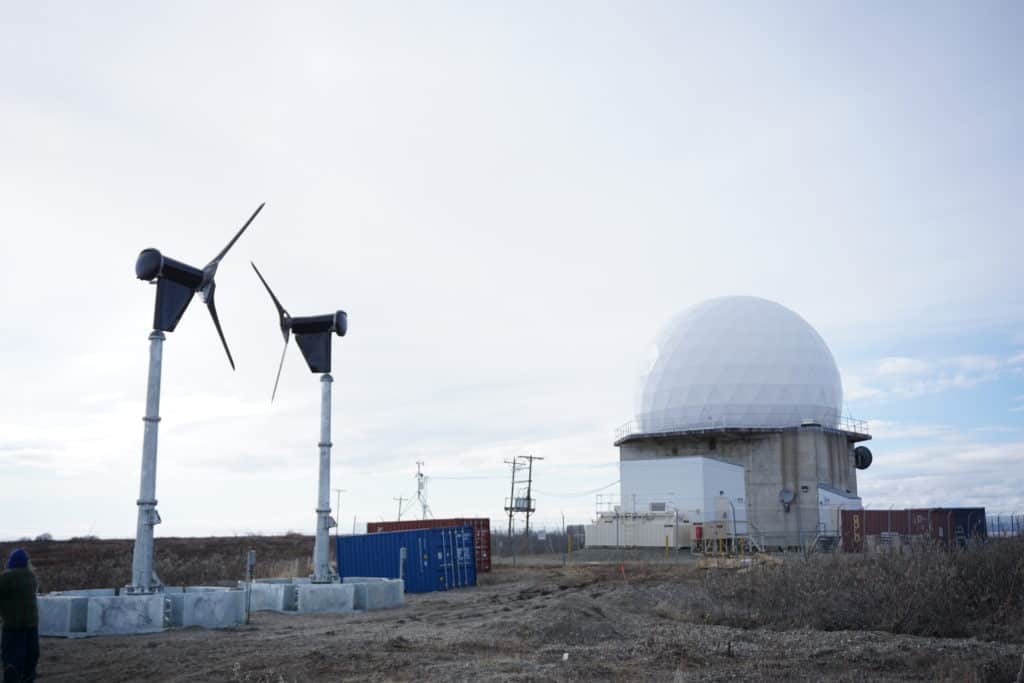
Wind turbines located in Kotzebue, Alaska, are part of the Air Force Energy Assurance at the Remote Radar Sites project. U.S. Air Force photo by Capt. Jason Goins
While this system has been in place for some time now, 2017 has seen national security used as a pretense for renewed political attacks on new wind power projects and clean energy policies at the local and state level. A common element of the attacks is the involvement of wind power opponents with ties to fossil fuel interests.
John Droz and the Alliance for Wise Energy Decisions
Fort Drum is located in the North Country region of New York, also home to wind power opponent John Droz, Jr. He’s the founder of the Alliance for Wise Energy Decisions (AWED), a coalition of “individuals, organizations, communities, and businesses” that does not disclose its membership.
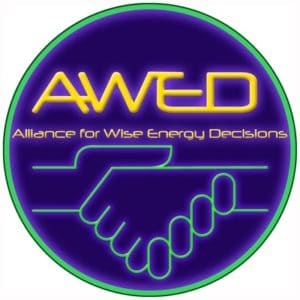
In two op-eds published in the Buffalo News and Watertown Daily Times, as well as on AWED’s website, Droz has used Fort Drum as a cover for his attacks on new local wind farm projects and state clean energy policies that have helped to make New York a wind power leader.
Earlier this year, Droz provided support to Republican state lawmakers in North Carolina who tried to halt an Amazon wind farm based on claims that it posed a risk to Naval radar operations – a claim the Navy debunked. One of those same lawmakers, Senate Majority Leader Harry Brown, later tacked a moratorium on new wind farms onto a major solar bill that was signed into law – a move that received a thumbs up from Droz.
A local “model wind law” that Droz has been pushing in North Carolina and New York includes numerous setbacks and restrictions, including several related to military radar operations.
“The only good reason to support setbacks is to make them so restrictive that the cost of the project becomes prohibitive and the developer leaves,” Droz said previously in “An Analysis of Anti-Wind Strategies.”
In an August 2017 interview with the Heartland Institute, which has financial ties to coal interests, Droz revealed he played a role in a successful legislative bid to make new wind farms located within 25 miles of military facilities in Texas ineligible for property tax exemptions:
I heard about this and I volunteered some help, and they were glad to get it, and I gave them supporting information about what was going on outside of Texas…
He has since pointed to the legislation passed by Texas lawmakers as a model for policymakers to prohibit wind farms in the vicinity of military bases in New York.
Droz also told the Heartland Institute about his work with a group on a one-year moratorium on new wind farms that Tennessee lawmakers passed last year.
Droz is a realtor by profession with no apparent military expertise. He has previously misrepresented himself as an expert on other subjects, including sea level rise. Droz did earn degrees in physics and once worked for General Electric, according to his professional resume, all before “he was able to retire from industry employment in 1979 (age 33).” His more recent exploits on energy issues are relegated to a “Casual CV” found on AWED’s website.
In North Carolina, New York, and Texas, Droz has had some help from special interest groups with ties to the Koch brothers and other fossil fuel interests.
The John Locke Foundation:
The John Locke Foundation (JLF) chalked up North Carolina’s 18-month wind moratorium as a win after promoting claims that the Amazon wind farm threatened Naval radar operations in its pseudo-news outlet the Carolina Journal. The group has received funding from the Koch brothers and its primary benefactor chairman, Art Pope, is a close ally of the Koch’s.

Linowes participated alongside John Droz in that 2012 meeting between “local” anti-wind activists and representatives of Koch-funded special interest groups.
JLF has worked closely with John Droz over the years to attack renewable energy policies and the use of climate science in coastal planning in North Carolina.
Robert Bryce and the Manhattan Institute
Robert Bryce of the Manhattan Institute, in an op-ed published in the Albany New Times, celebrated the opposition to new wind farms around Fort Drum, which he said, “will likely derail more than 1,000 megawatts of proposed wind generation capacity in the state.”
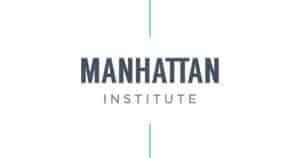
The Manhattan Institute was one of the special interest groups named in the 2012 anti-wind PR plan that Droz worked. It has received funding from the Koch brothers and ExxonMobil.
As far back as 2008, Droz has cited Bryce as one of his trusted sources of information on wind power.
Texas Public Policy Foundation
The Texas Public Policy Foundation (TPPF) provided analysis and testimony to back the legislation passed by state lawmakers in Texas that made new wind farms located within
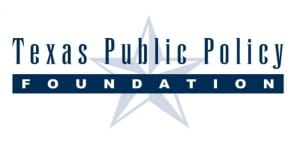
TPPF has also received funding from the Koch brothers and ExxonMobil, among others.
Trust the Department of Defense over special interest groups with ties to fossil fuel interests
These are just a few examples of how “local” wind power opponents like John Droz and Lisa Linowes have teamed up with powerful special interest groups to perpetuate overblown claims about wind power and military radar operations.
The Institute for Energy Research (IER), for example, has promoted such claims by “local” wind power opponents on its “free market energy blog,” MasterResource.org. The moratoriums on new wind farms in North Carolina and Tennessee have been the subject of “analysis” found on IER’s website.
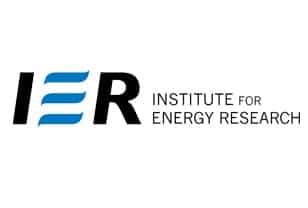
Meanwhile, it is the Department of Defense (DoD) that is entrusted with defending our national security. DoD has been willing to work proactively with local wind farm developers to find successful solutions that have allowed wind power and military radar operations to co-exist. And DoD has made significant investments in renewable energy to meet its clean energy and energy security goals.
For wind power opponents like John Droz and his fossil fuel industry-backed allies, the military’s expertise on national and energy security is apparently not enough.
*Correction made on October 11, 2017: this article previously misstated that Lisa Linowes attended a 2012 anti-wind meeting in Washington, DC. Linowes was not listed among the participants in that meeting. However, Linowes still has ties to the fossil fuel funded Institute for Energy Research (IER), which has promoted Linowes work on its blog, Masterresource.org

